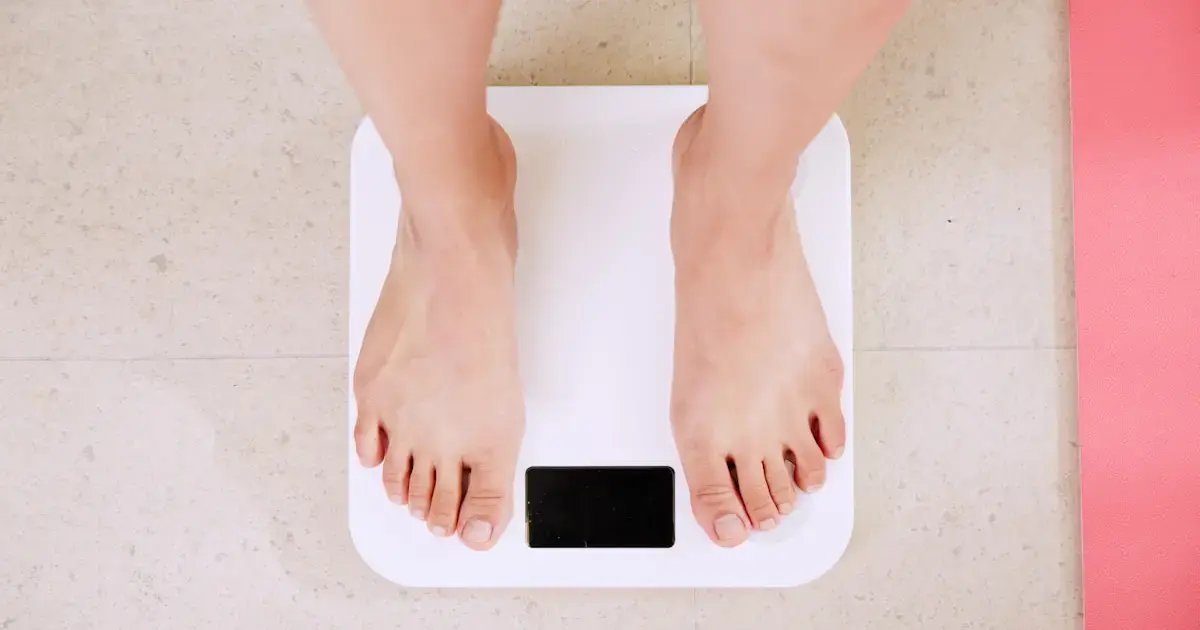 The aftermath of a festive often leaves us with stubborn fat deposits around the waist that we struggle to shed. We might doubt that a single large meal is solely responsible for a sudden weight gain. But what does science say about this?
The aftermath of a festive often leaves us with stubborn fat deposits around the waist that we struggle to shed. We might doubt that a single large meal is solely responsible for a sudden weight gain. But what does science say about this?
Anyone brave enough to step on the scale the day after or New Year’s celebrations typically notices a weight increase of 5 to 10 pounds. Can you really gain that much from just one meal? Probably not, according to Jamie Cooper, head of the Department of Kinesiology at the University of Georgia (USA). She believes that a series of overeating episodes is more likely to be the culprit.
“The risk of gaining weight during the holidays is usually not linked to a single episode of . It’s the result of several such episodes that are atypical for our regular lives. If a person overeats during the holidays and then returns to their normal eating and exercise routine, it’s unlikely to cause serious harm,” Dr. Cooper told Popular Science.
So why do those pounds pile on so quickly?
Fluid retention in the body is one of the main reasons. Typical holiday dishes are often high in salt, which promotes the retention of excess water. Meanwhile, beneficial carbohydrates are stored as glycogen, which binds with water, adding a few extra pounds.
According to Dr. Cooper, another factor is that a large volume of food causes an increase in . Overall, she notes that scientists usually focus on dietary patterns rather than just one meal. Consequently, there has been little research dedicated to individual episodes of overeating.
The scientist debunked the mathematical calculations underlying fat gain, which can lead to problems. Dr. Cooper pointed out that there are about 3,500 calories in a pound of fat (approximately 0.5 kg) that our bodies store. This means that to gain that much fat, you would need to consume 3,500 calories more than you burn.

Therefore, it’s likely that one big holiday dinner isn’t enough to instantly gain half a pound of . However, several days of feasting can contribute to this. Over four holiday weekends, we might be consuming an extra 900 calories each day. “When you add desserts and alcoholic beverages to the mix, reaching that amount isn’t too difficult,” Dr. Cooper noted.
A recent study conducted among college students showed that each of them gained about half a pound after Thanksgiving. Researchers believe this was due to several days of abundant eating rather than just one big dinner.
Most people don’t eat two slices of pie on Friday, Saturday, and Sunday during a typical weekend, Dr. Cooper explains. But if there are three pies left over from the holiday weekend, we often do just that.
The effects of food indulgence don’t disappear quickly. In another study conducted by Dr. Cooper’s team, participants still retained about 57 percent of the weight gained during the winter holidays the following spring.
However, the expert believes that when it comes to holiday culinary excesses, feelings of guilt are unwarranted. After all, it’s a joyful time spent with family and friends. During these days, everyone simply wants to enjoy delicious food.
The scientist advises against stoically avoiding treats at the holiday table, suggesting instead to avoid excesses in the month following the celebrations—and beyond.
Photo: Unsplash
